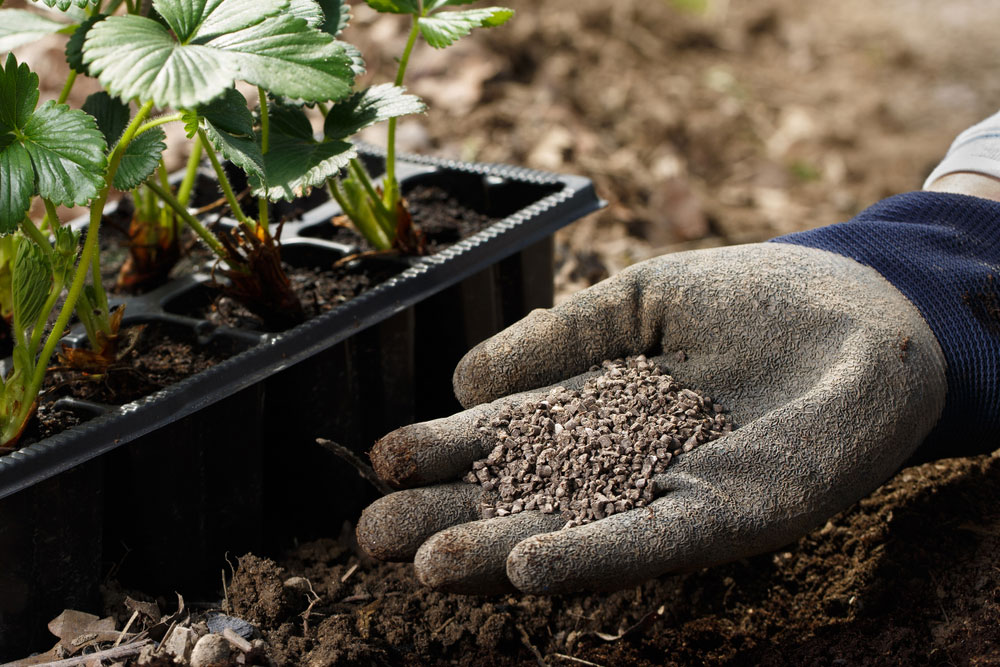Fertiliser companies have sought quick clearance of their subsidy dues, which stood at a staggering Rs 33,691 crore at the beginning of November and is likely to jump to Rs 60,000 crore by the end of this fiscal.
Fertiliser Association of India (FAI) director-general Satish Chander has demanded the government should clear the arrears at the earliest as delay in the payments is hurting the liquidity of manufacturers.
The government fixes the maximum retail price (MRP) of urea and reimburses manufacturers the differences between MRP and production cost. The Centre also provides nutrient-based subsidy on non-urea fertilisers.
According to the information provided by 25 fertiliser companies, the FAI said Rs 33,691 crore dues are pending as on November 1, 2019. Out of this, Rs 20,853 crore is under DBT (direct benefit transfer), and the balance Rs 12,838 crore is other than DBT.
The fertiliser organisation said its members have generated bills worth Rs 20,434 crore, but no payment has been made to them.
A sum of Rs 13,257 crore is pending for which the fertiliser companies have not been able to generate bills.
“Fertiliser subsidy arrear is likely to touch Rs 60,000 crore by March, if additional fund is not provided to the ministry through supplementary grant,” Chander said. The outstanding was Rs 39,000 crore at the beginning of the 2019-20 financial year, he added.
The FAI said direct benefit transfers assured weekly payment of subsidy. “However, this assurance is not kept due to persistent budget constraints.”
In fact, the implementation of DBT has postponed payments by another six months because it is linked to the sale of fertilisers through POS (point of sale) machines. Earlier, subsidy used to be paid to manufacturers on the receipt of material in the district.
“This has increased the working capital requirement and interest cost,” the FAI said. The government has allocated nearly Rs 80,000 crore to meet the fertiliser subsidy.










